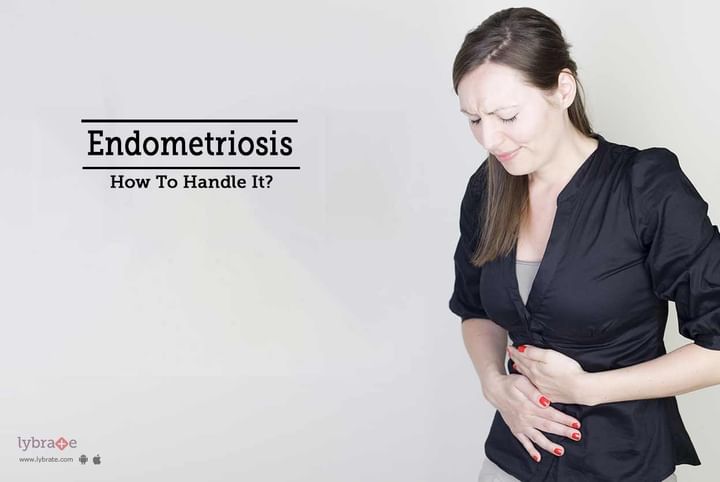Endometriosis - How To Handle It?
What is endometriosis?
Endometriosis is a common condition where cells of the lining of the womb (the endometrium) are found elsewhere, usually in the pelvis and around the womb, ovaries and fallopian tubes. It mainly affects women during their reproductive years. Endometriosis is not an infection and it is not contagious.
What are the symptoms?
The main symptoms of endometriosis are pelvic pain, pain during or after sex and painful, sometimes heavy periods. It may cause problems with getting pregnant. It can affect many areas of a woman’s life including her general physical health, emotional wellbeing and daily routine. Many women may have no symptoms. It is a long-term condition. Some women with endometriosis become pregnant easily while others have difficulty getting pregnant.
What causes endometriosis?
Endometriosis occurs when the cells of the lining of the womb are found in other parts of the body, usually the pelvis. Each month this tissue outside the womb thickens and breaks down and bleeds in the same way as the lining of the womb. This internal bleeding into the pelvis, unlike a period, has no way of leaving the body. This causes inflammation, pain and damage to the reproductive organs. Less commonly, endometriosis may occur on the bowel and bladder, or deep within the muscle wall of the uterus (adenomyosis). It can also rarely be found in other parts of the body.
The symptoms of endometriosis are common and could be caused by a number of other conditions such as irritable bowel syndrome (IBS) and pelvic inflammatory disease (PID).
- There is no simple test for endometriosis.
- Your gynaecologist may examine your pelvic area, this will include an internal examination.
- You may be offered a scan. This can identify whether there is an endometriosis cyst in the ovaries. A normal scan does not rule out endometriosis.
- For most women, having a laparoscopy is the only way to confirm endometriosis; because of this, it is often referred to as the ‘gold standard’ test. This allows the gynaecologist to see the pelvic organs clearly and look for any endometriosis.
Several factors may influence your decision about treatment. These include:
- How you feel about your situation
- Your age
- Whether your main symptom is pain or problems getting pregnant
What treatment can I get?
The options for treatment may be:
Pain relief
Hormone treatments: There is a range of hormone treatments to stop or reduce ovulation (the release of an egg) to allow the endometriosis to shrink or disappear. The hormonal methods below are contraceptives and will prevent you from becoming pregnant:
- The combined oral contraceptive (COC) pill or patch. These contain the hormones estrogen and progestogen and work by preventing ovulation and can make your periods lighter, shorter and less painful.
- The intrauterine system (IUS): this is a small T-shaped device which releases the hormone progestogen. This helps to reduce the pain and makes periods lighter. Some women get no periods at all.
- The hormonal methods below are non-contraceptive, so contraception will be needed if you do not want to become pregnant:
- Use of hormonal progestogens or testosterone derivatives
- GnRH agonists are drugs that prevent estrogen being produced by the ovaries and cause temporary and reversible menopause.
Some women find that recreational exercise improves their wellbeing, which may help to improve some symptoms of endometriosis.
Surgery: Surgery can be used to remove areas of endometriosis. There are different types of surgery, depending on where the endometriosis is and how extensive it is. How successful the surgery is can vary and you may need further surgery.
- Laparoscopic surgery: The gynaecologist removes patches of endometriosis by destroying them or cutting them out.
- Laparotomy: If the endometriosis is severe and extensive, you may be offered a laparotomy. This is major surgery which involves a cut in the abdomen, usually in the bikini line.
- Hysterectomy: Some women have surgery to remove their womb (a hysterectomy) with or without the ovaries. Depending upon your own situation, your doctor should discuss hormone replacement therapy (HRT) with you if you have your ovaries removed.
What if I am having difficulty getting pregnant?
Getting pregnant can be a problem for some women with endometriosis. Your doctor should provide you with full information about your options such as assisted conception. If you become pregnant, endometriosis is unlikely to put your pregnancy at risk.



+1.svg)
